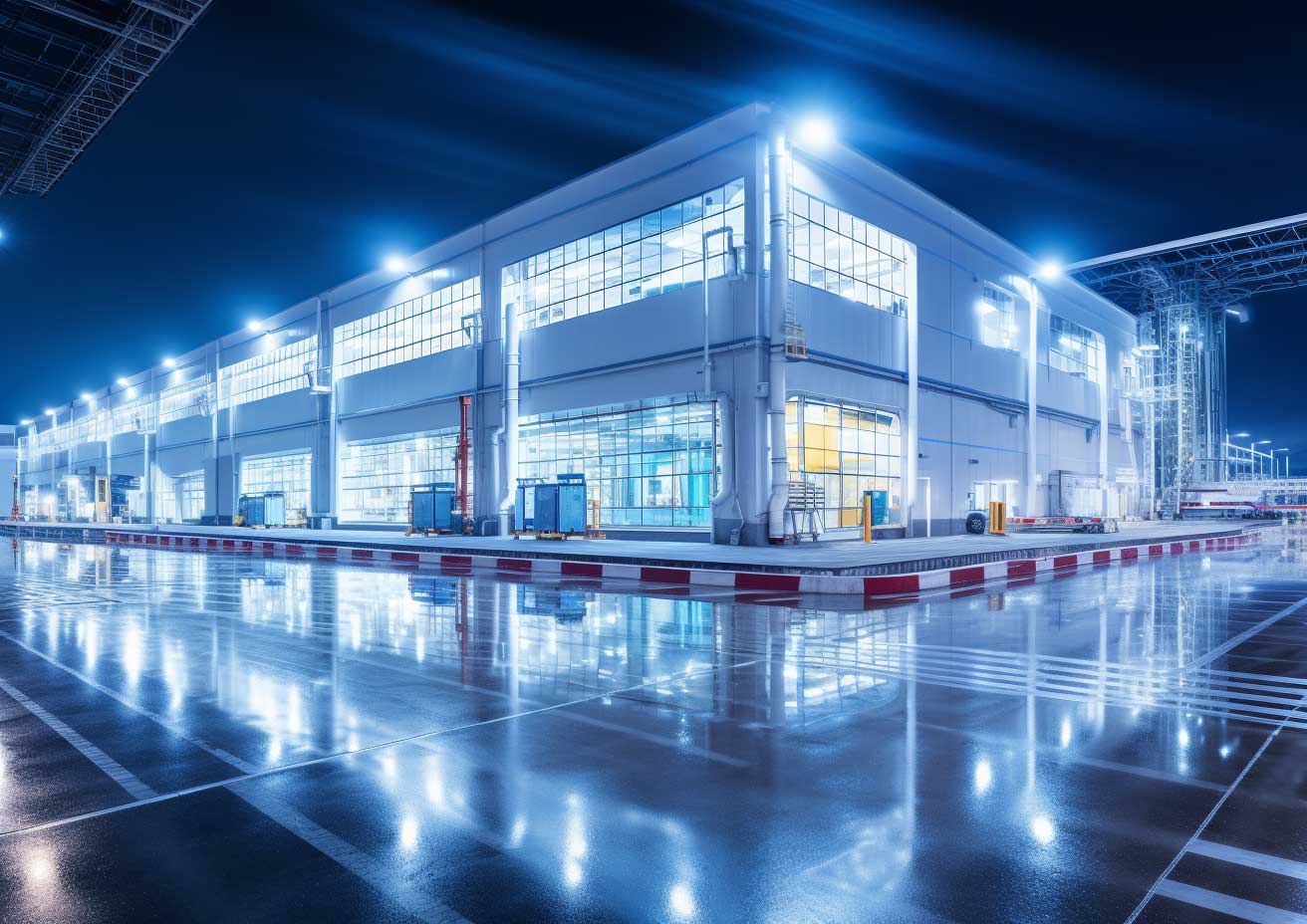In today’s competitive real estate market, efficiency and precision are more important than ever. For construction companies, this means leveraging technology to streamline operations and deliver high-quality builds on time. Residential construction software is a game-changer in this domain, offering a suite of features that cater to the unique needs of home builders.
Why Construction Software is a Must-Have
Gone are the days of managing residential construction projects with spreadsheets and paper trails. The right software not only simplifies project management but also enhances collaboration and reduces costly errors. For home builders, this means increased productivity and improved client satisfaction.
Project Management Made Easy
One of the standout features of residential construction software is its project management capabilities. These tools allow construction managers to plan, schedule, and track every phase of a project with precision. This ensures that timelines are met and resources are optimally allocated. With real-time updates and notifications, teams can quickly adapt to changes and maintain project momentum.
Streamlined Communication
Effective communication is crucial in construction, where multiple stakeholders are involved. Residential construction software centralizes communication, allowing team members, contractors, and clients to share updates, documents, and feedback seamlessly. This reduces misunderstandings and ensures everyone is on the same page, ultimately leading to smoother project execution.
Budgeting and Cost Control
Staying on budget is a top priority for any construction project. Residential construction software offers robust budgeting tools that help track expenses and forecast costs. By providing a clear overview of financials, these tools enable builders to make informed decisions, avoiding overspending and maximizing profit margins.
Quality Control and Risk Management
Maintaining high-quality standards is critical in the construction industry. Residential construction software allows builders to monitor quality at every stage of a project, from planning to completion. This helps identify potential issues early on, preventing costly rework and delays. Additionally, software can assist with risk management by tracking safety protocols and ensuring compliance with regulations.
Leveraging Data for Business Insights
Data is becoming increasingly important in decision-making for businesses. Residential construction software collects and analyzes data from various sources, providing valuable insights into project performance, resource allocation, and other key metrics. With this information at their fingertips, home builders can make data-driven decisions that improve efficiency and profitability.
Resource Management
Efficient resource allocation is key to maintaining project timelines. Construction software provides detailed insights into labor, materials, and equipment, helping managers assign tasks and schedule deliveries effectively. This not only eliminates bottlenecks but also minimizes downtime, ensuring projects stay on track.
Quality Assurance and Compliance
Ensuring that construction meets industry standards is essential for long-term success. Residential construction software includes features for quality assurance and compliance tracking. From automated checklists to digital documentation, software solutions help builders adhere to regulations and maintain high-quality standards throughout the project lifecycle.
Customization to Fit Unique Needs
Every construction project is unique, and so are its requirements. Many residential construction software solutions offer customization options, allowing builders to tailor features to suit their specific needs. This flexibility ensures that the software can adapt to different project types, sizes, and complexities.
Document Management
Managing the myriad of documents involved in construction projects is a daunting task. Residential construction software simplifies document management by storing all files in a centralized, cloud-based repository. This ensures that important documents are easily accessible and secure, reducing the risk of lost or misplaced paperwork.
The Future of Construction is Digital
As technology continues to advance, the construction industry is jumping on board with residential construction software. With its ability to streamline project management, communication, budgeting, resource allocation, quality assurance, and document management, this software is an essential tool for any modern construction company looking to stay competitive in a rapidly evolving market. As more builders adopt these solutions, we can expect to see even more innovative features and advancements in the years to come.
Client Relationship Management
Building strong relationships with clients is crucial for repeat business and referrals. Construction software includes CRM tools that help builders manage client interactions, track communications, and maintain detailed records of client preferences and requirements. This enhances client satisfaction and fosters long-term partnerships.
Analytics and Reporting
Data-driven decision-making is a hallmark of successful construction companies. Residential construction software offers powerful analytics and reporting tools that provide insights into project performance, resource utilization, and financial health. By analyzing this data, builders can identify trends, uncover inefficiencies, and make strategic improvements.
Enhancing Collaboration with Stakeholders
Collaboration is at the heart of successful construction projects. Residential construction software facilitates collaboration by providing tools that allow stakeholders to work together seamlessly. Whether it’s sharing design updates with architects or coordinating schedules with subcontractors, the software ensures that collaboration is efficient and effective.
The Future of Residential Construction
As technology continues to evolve, so too will the capabilities of residential construction software. Builders who invest in these solutions today are not only enhancing their current operations but are also positioning themselves for future success. With ongoing advancements in AI, machine learning, and IoT, the potential for further innovation in construction technology is limitless.
Conclusion
In conclusion, residential construction software offers a wealth of benefits for home builders. From project management and communication to budgeting and quality assurance, these tools streamline operations and enhance efficiency. By adopting the right software, construction companies can improve client satisfaction, increase profitability, and stay ahead of the competition.
For those looking to explore the possibilities of residential construction software, it’s important to evaluate solutions based on the specific needs of your projects. Consider the features that will have the greatest impact on your operations and choose a software provider that offers robust support and regular updates.
Overall, the integration of residential construction software is a strategic move that can transform the way home builders operate, ensuring success in an increasingly competitive market.
In conclusion, residential construction software offers a comprehensive solution for managing all aspects of a construction project efficiently and effectively. With its wide range of features tailored specifically for home builders, it has become an indispensable tool in the industry. By leveraging the power of technology, construction companies can build smarter homes and stay ahead of the competition in today’s fast-paced market. So, it is safe to say that residential construction software is a must-have for any modern home builder looking to succeed in this competitive industry. So, don’t wait any longer and start exploring the benefits of residential construction software today! Happy building! For more information, visit our website or contact us for a demo.



